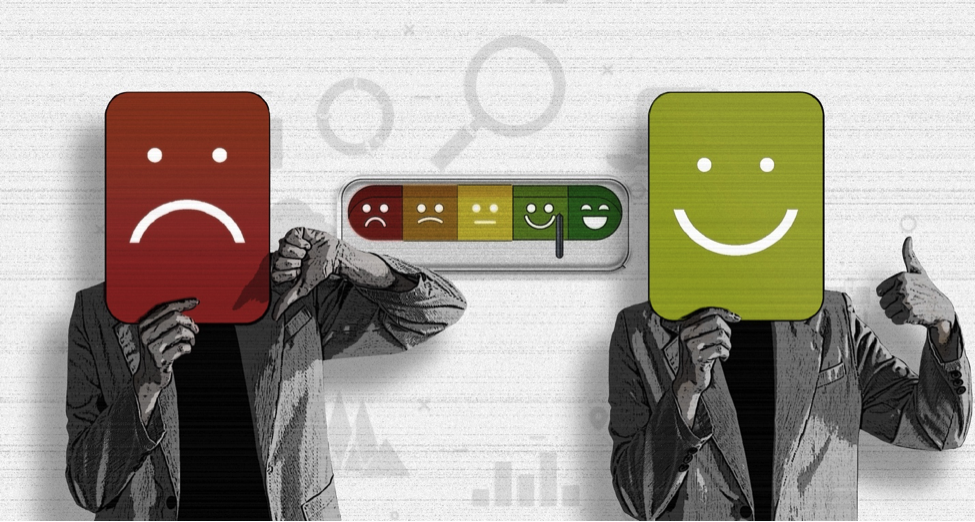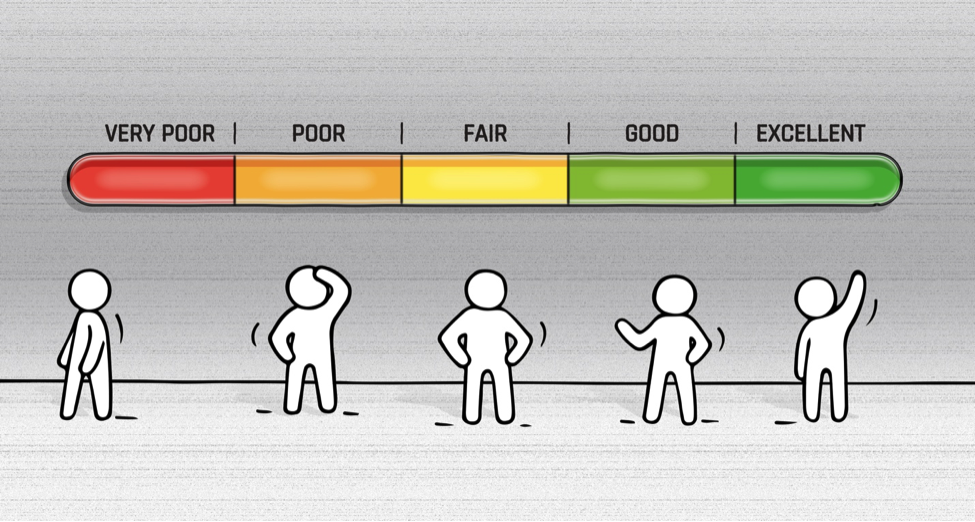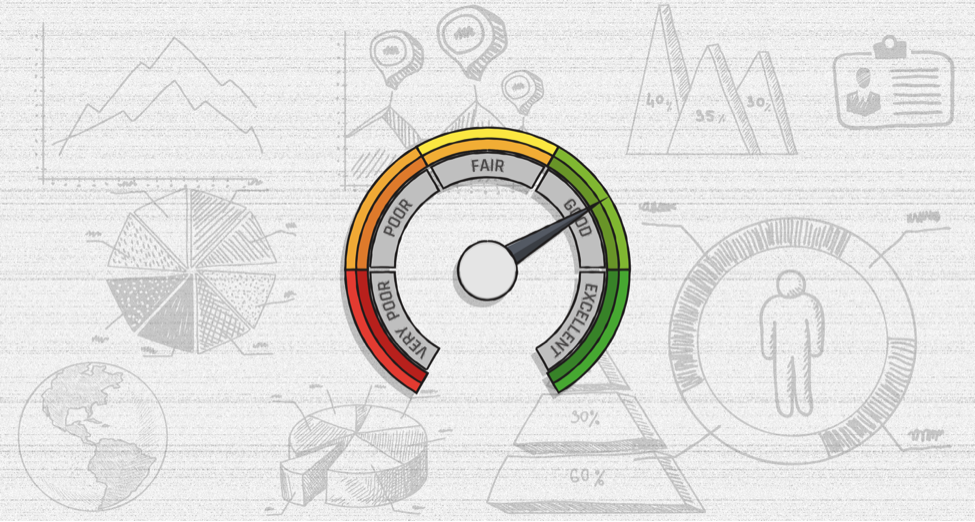
This is a guest post by Sandeep Sood, CEO of Kunai.
Will Digital Behavior Affect Credit Scores in the Future?
Credit scores are about to take another leap forward—or backward, depending on how you see the future. People’s digital lives leave a trail of data “exhaust” that some countries are beginning to leverage to understand and better predict their behavior.
Assessing someone’s credit risk without traditional financial information is tricky business. Inevitably, concerns about privacy and credit-based blacklists arise.
For as long as there is debt, there will be debate about the subjective measures that determine who can be trusted to repay it. To understand how we got here and where we’re going, we’ll need to review the history of credit scoring as we know it.
Where Did the FICO Score Come From?

Formal credit reporting began in the U.S. in 1841. Ledgers in New York recorded borrowers’ creditworthiness, however these reports were extremely biased. Entries included advice such as “prudence in large transactions with all Jews should be used.” A more fact-based, alphanumeric system was developed in 1857 and used well into the 1900s.
Starting in the 1950s, computerized credit ratings used algorithms to automate scoring. FICO was born, and made rapid lending approvals possible.
In a world with Facebook and Google, it’s hard to think of an algorithm that has a greater effect on our day-to-day lives. It dictates the jobs we get and the places we can live. Yet, the algorithm is cryptic and occasionally biased, even if it works most of the time. FICO is far from perfect, but it’s the best system we’ve got—for now.
Alternative Scoring Methods Help Bankless Borrowers, at a Cost
Around the world, many people don’t engage in the banking and credit card transactions that feed the FICO algorithm. This has led to explorations of other credit scoring methods.
Fast-growing startup Tala, for example, is using the ubiquity of cell phones to bring credit scoring to unbanked borrowers. Applicants surrender their mobile data, and Tala monitors bill payment history, text messages, and behavioral data gleaned from their device to provide a unique “mobile credit score”.
For people who need loans, giving up personal information is worth the sacrifice. Tala arose out of the need for better information in countries without established credit systems, making credit available to people who otherwise would not have access to it.
China’s Social Credit and the Big Brother Debate
In parts of China, credit is returning to a reputation-based model. Various local programs measure social credit based on behavior. Some of this is tracked online, similar to Tala’s methods, but facial recognition and CCTV networks are also leveraged to ding people’s scores. Littering, failing to cede right of way to pedestrians while driving, and other actions deemed socially harmful can affect someone’s score.
While these pilot programs feel Orwellian, the Chinese system remains in a nascent stage of development. Perhaps one day soon, the West’s fears of Chinese social control will be justified. And then the question is, how will the rest of the world respond?
The Future of Credit Scoring
The credit score is a fundamental pillar of our modern financial system. But it’s difficult to define a universal set of attributes to determine every American’s credit risk.
Cryptocurrency may offer a viable solution. Finance startup Bloom is already leveraging the recorded financial history available on the blockchain. Since all transactions are permanently stored in a public record, cryptocurrency provides an immutable source of truth. While there is no history on the blockchain yet, it could be a game-changer once developed.
But data and its surrender aren’t going to suddenly change a system that’s been, more or less, working since the 1950s. In fact, too much data can lead to bad models that over-index for characteristics that work well in one population but do just the opposite for another.

As these experiments continue, they’ll likely bring a more stable, accessible credit system to countries in the wild west of credit scoring. In five to ten years, their successes and failures may very well lead to breakthroughs that influence how FICO evolves. But for now, FICO is proving it works well enough without the glut of invasive personal data.
Sandeep Sood is the CEO of Kunai, a product development company that has been building digital products for 20 years. See more of his articles at Kunaico.com along with Kunai’s work. Follow him on Twitter @sandeep_k_sood.
illustrations by Jorge Godoy